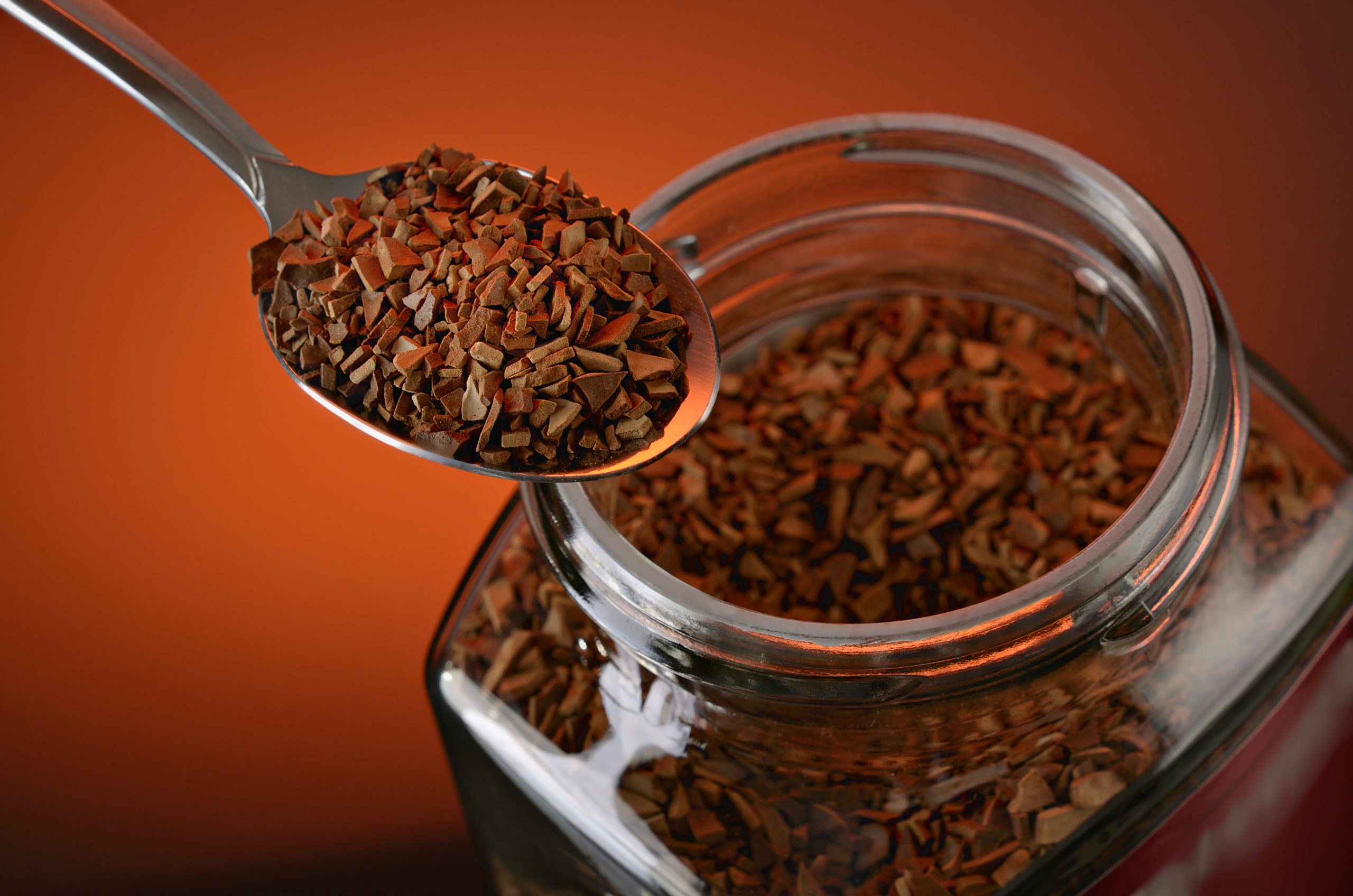Instant coffee has been a staple in many households for decades, offering convenience and quick preparation without sacrificing the taste of a freshly brewed cup of coffee. However, there has been ongoing debate about whether instant coffee is beneficial or detrimental to health. In this comprehensive guide, we will explore the pros and cons of instant coffee, its nutritional value, potential health effects, and considerations for consumption.
Understanding Instant Coffee
Instant coffee is made from brewed coffee beans that have been freeze-dried or spray-dried to create a concentrated powder or granules. To prepare instant coffee, you simply add hot water to the powder or granules and stir until dissolved, creating a quick and easy cup of coffee without the need for brewing equipment.
The Pros of Instant Coffee
Convenience
Instant coffee offers unparalleled convenience, allowing you to enjoy a cup of coffee quickly and effortlessly, whether at home, work, or while traveling. It eliminates the need for brewing equipment, coffee grounds, and time-consuming preparation methods, making it an ideal choice for busy lifestyles.
Long Shelf Life
Instant coffee has a significantly longer shelf life than freshly ground coffee beans or brewed coffee, thanks to the dehydration process used during manufacturing. Sealed properly and stored in a cool, dry place, instant coffee can last for months or even years without losing its flavor or quality.
Portability
Instant coffee is lightweight, compact, and easy to transport, making it an excellent option for camping, hiking, or other outdoor activities where space and resources are limited. You can pack instant coffee sachets or sticks in your backpack or travel bag and enjoy a cup of coffee anywhere, anytime.
Consistency
Instant coffee offers consistent flavor and strength with every cup, as the concentration of coffee solids is controlled during the manufacturing process. Unlike brewed coffee, which can vary in taste depending on factors like brewing method, coffee-to-water ratio, and grind size, instant coffee provides a uniform flavor profile.
The Cons of Instant Coffee
Flavor
While instant coffee offers convenience, it may not match the rich, complex flavors and aromas of freshly brewed coffee. The dehydration process used to create instant coffee can alter the flavor profile of the coffee beans, resulting in a more muted or one-dimensional taste compared to brewed coffee.
Nutrient Loss
During the manufacturing process of instant coffee, some of the natural antioxidants and beneficial compounds found in coffee beans may be lost or degraded. While instant coffee still contains caffeine and some antioxidants, it may not offer the same health benefits as freshly brewed coffee.
Additives
Some instant coffee products may contain additives such as sugar, artificial flavors, and preservatives to enhance taste, aroma, and shelf life. These additives can add extra calories, sugar, and potentially harmful chemicals to your coffee, detracting from its nutritional value.
Environmental Impact
The production of instant coffee involves energy-intensive processes like freeze-drying or spray-drying, which can have environmental implications such as greenhouse gas emissions and water usage. Additionally, single-use packaging for individual servings of instant coffee can contribute to plastic waste and environmental pollution.
Considerations for Consumption
Quality
Choose high-quality instant coffee made from 100% pure coffee beans without any additives or artificial ingredients. Look for brands that use ethical and sustainable sourcing practices and prioritize environmental stewardship.
Moderation
Like any caffeinated beverage, moderation is key when consuming instant coffee. While moderate coffee consumption (about 3-4 cups per day) has been associated with health benefits such as improved cognitive function and reduced risk of certain diseases, excessive caffeine intake can lead to negative side effects like insomnia, anxiety, and digestive issues.
Balance
Instant coffee can be part of a balanced diet when consumed in conjunction with other nutritious foods and beverages. Pair your coffee with a balanced breakfast or snack containing protein, fiber, healthy fats, and vitamins to optimize energy levels and promote overall well-being.
Personal Preference
Ultimately, whether instant coffee is “good” or “bad” depends on individual preferences, lifestyle factors, and health considerations. Some people may prefer the convenience and consistency of instant coffee, while others may prioritize the taste and aroma of freshly brewed coffee.
Conclusion
Instant coffee offers convenience, portability, and consistency, making it a popular choice for coffee lovers around the world. While it may not match the flavor and complexity of freshly brewed coffee, instant coffee provides a quick and easy way to enjoy a caffeine boost anytime, anywhere. When consumed in moderation and as part of a balanced diet, instant coffee can be a convenient and enjoyable beverage option. However, it’s essential to choose high-quality instant coffee without additives and consider environmental and health implications when making your coffee choices. Ultimately, the decision to drink instant coffee or brewed coffee comes down to personal preference and individual lifestyle factors.
- Sweet and Guilt-Free: My Delightful Experience with JustCBD UK’s Sugar-Free CBD Gummies - August 6, 2024
- Embark on a Cosmic Flavor Adventure: My Review of Melo’s THC Beverages! - May 20, 2024
- Benefits of Chickweed Supplements - April 2, 2024

